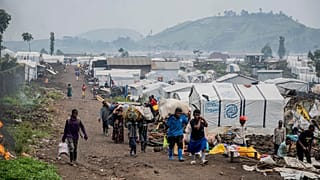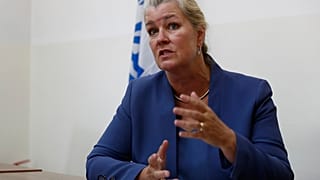HIV
A game-changing HIV prevention drug is set to become vastly more affordable in over 100 low- and middle-income countries, a move that could bring the world closer to ending the HIV/AIDS epidemic.
The drug, Lenacapavir, is a long-acting injectable taken just twice a year, offering six months of protection against HIV infection with each dose. It currently costs $28,000 per person annually, but under a new global health deal, the price will be slashed to just $40, less than 0.1% of the original cost.
The lower-cost version is expected to roll out across 120 countries by 2027, thanks to a landmark deal brokered by former U.S. President Bill Clinton, in partnership with the Clinton Foundation, the Gates Foundation, and other global health partners including South Africa’s Wits RHI.
Lenacapavir has already been approved in the U.S. and Europe and received WHO backing in July. It has shown a 100% success rate in trials, offering protection to the most vulnerable including young women, LGBTQ+ people, sex workers, and people who use drugs.
Experts say it could soon replace daily oral PrEP, which remains underused and stigmatized in many regions.
The breakthrough comes as over 40 million people globally live with HIV, with South Africa, the worst-hit country, set to benefit early from the rollout.











Go to video
WHO issues urgent financial guidance amid aid drop
01:07
WHO reports rapid spread of Mpox with 17 deaths in Africa over recent weeks
01:14
Cholera surges globally as vaccine shortfalls and poverty fuel resurgence
00:31
RSF Commander admits "violations" after hundreds of civilians reportedly killed in el-Fasher
01:11
South Africa gives twice-yearly HIV prevention jab the green light
01:28
WHO leads first medical evacuations from Gaza Strip since ceasefire